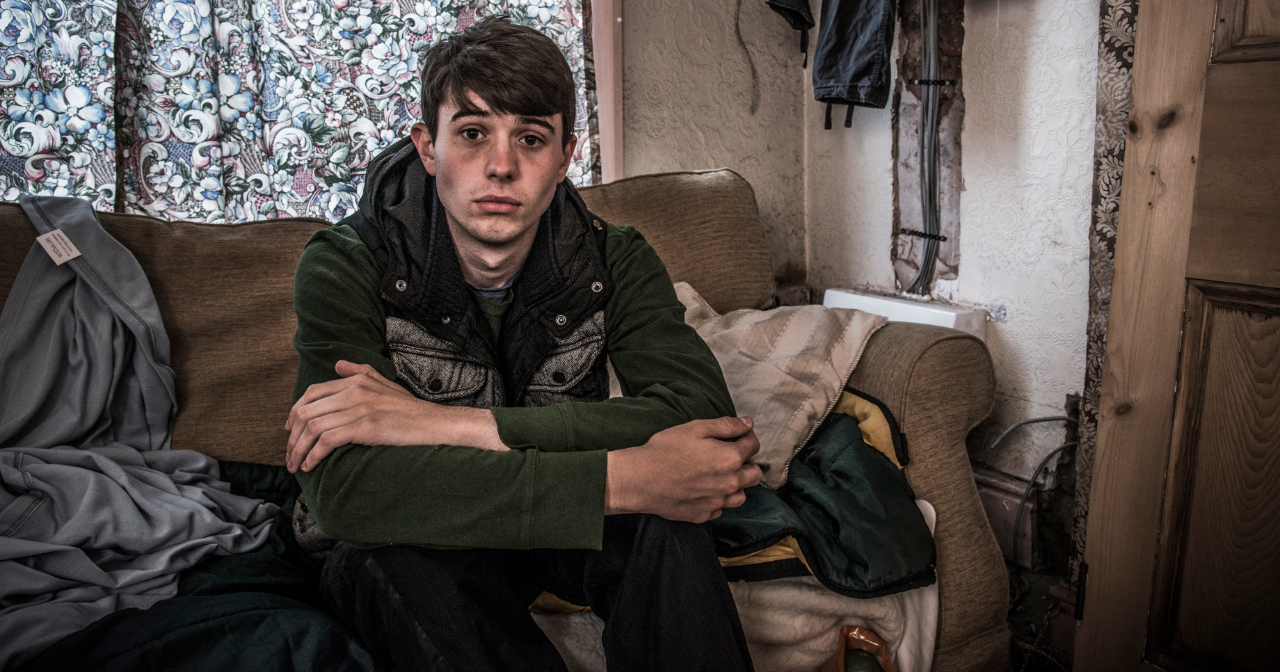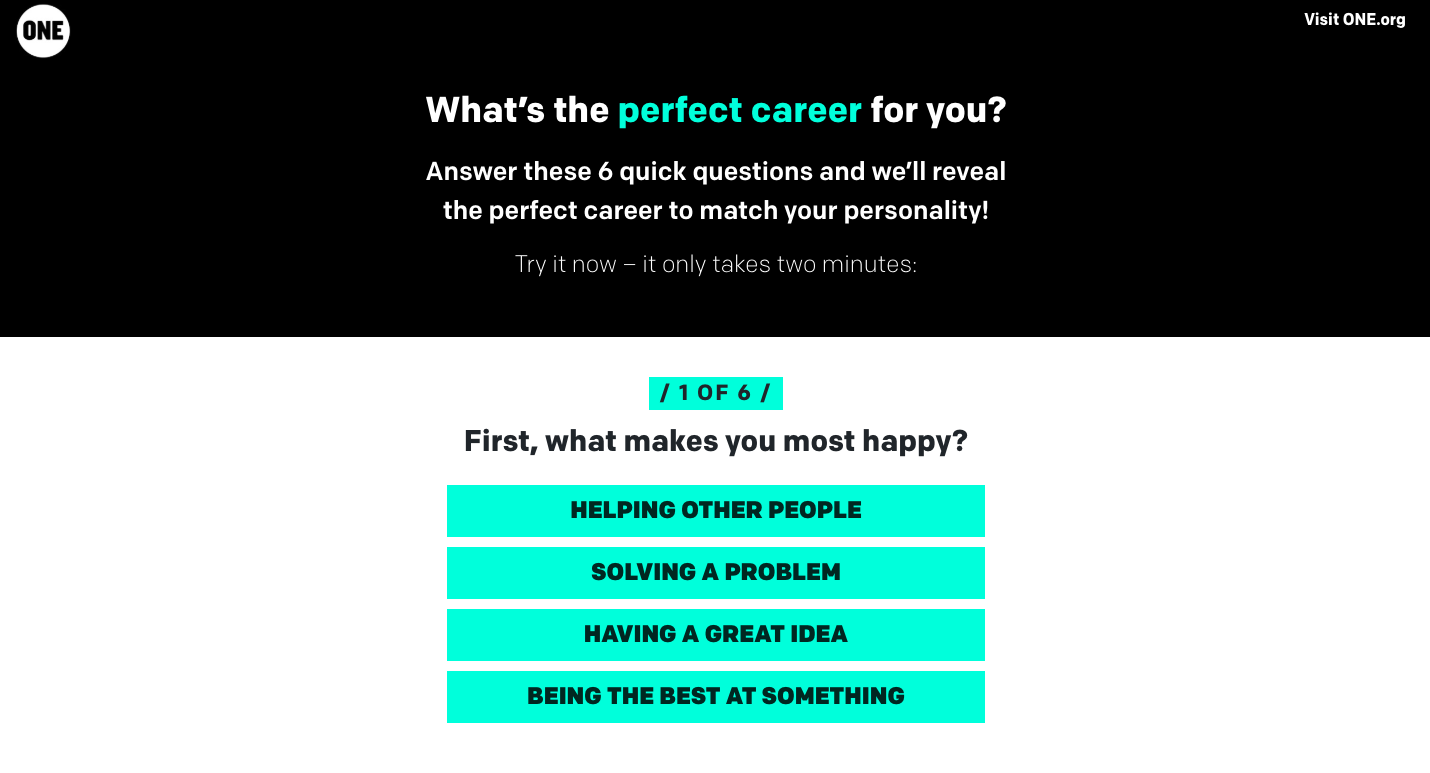In 2019, Centrepoint had never ventured into the world of digital campaigning. The charity saw a lot of potential to mobilise new and existing supporters to help end youth homelessness, and wanted our help to launch this new strand of work in the most strategic, effective way possible.
The work we did with Centrepoint resulted in 28,000 new supporters at a cost of just £0.20 per subscriber via Facebook ads. We also established the strategy, processes and technology that Centrepoint needed to run an ongoing engagement programme for new subscribers. The team at Forward Action ran this programme for the first few months, to provide benchmarks for success and offer rigorous testing.
As a direct result of this campaign, the government allocated £10 million in the 2020 budget to ensure Universal Credit covers the cost of renting for homeless young people – a monumental win, especially for a charity’s first digital campaign.
What we did
Lead generation
Here’s how we helped Centrepoint generate new email subscribers:
- We created, tested, and promoted six different prototype lead generation tools
- We fully developed the most successful tool (a handraiser on how Universal Credit is affecting youth homelessness) which ultimately generated 28,000 new supporters with an impressive 67% opt-in rate
- And we built a series of Facebook ad campaigns. Constant testing and optimisation enabled us to maximise the number of leads and keep costs low – with an average of just 20p per subscriber.
Establishing an email programme
All opted-in new subscribers received an automated welcome series over a period of two weeks. This was designed to introduce them to Centrepoint’s work and drive up engagement by offering regular, easy opportunities to take action.
We then sent the new list a series of regular, engaging campaign emails linked to the issue of Universal Credit, always with a simple and meaningful action – like a petition or social share.
Since this was the first public campaign series for Centrepoint, we began by designing, implementing and testing the program for four months – working closely with their digital teams to ensure they would have the skills and tools to take the programme in house.
At the end of the project we shared a learning workshop with the team, reflecting on the results of the email programme. We shared best practice to plan and write effective action-based emails, based on everything we’d learned with Centrepoint’s email list.
What’s the take-away?
Through taking on this strategic, data-led approach to first-time digital campaigning, Centrepoint now has the digital infrastructure, insight, and staff expertise to expand their campaign work independently – with a growing and engaged list of supporters prepared to take regular campaign actions.


